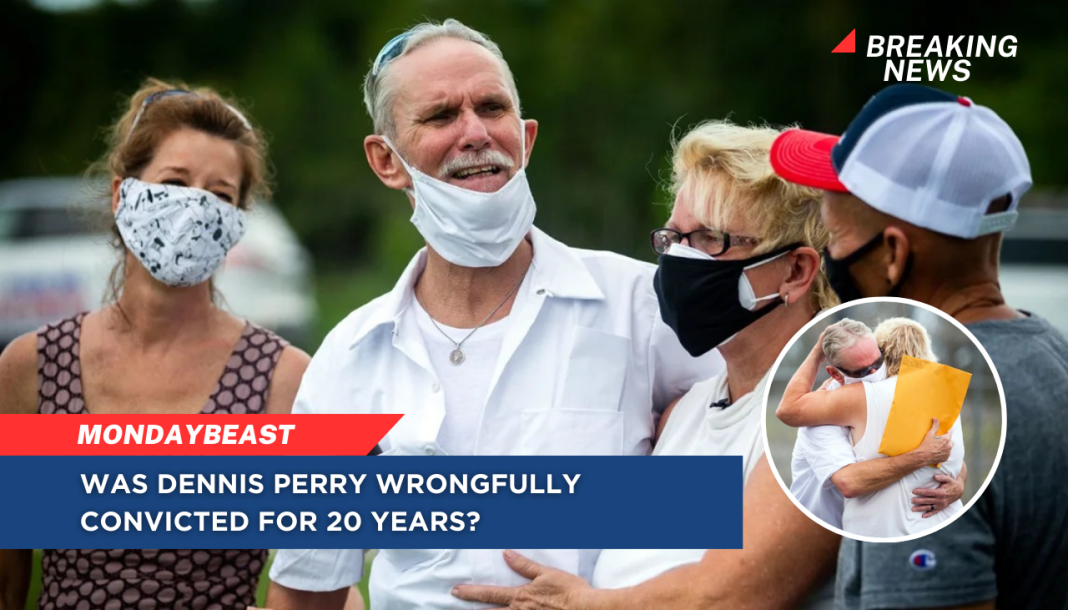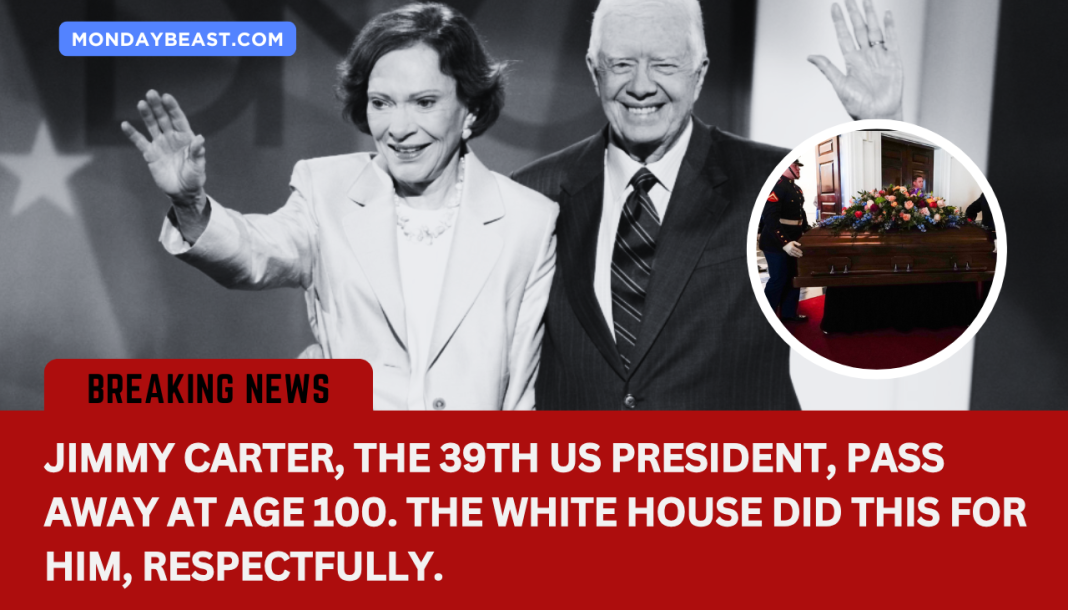This story brings forth deep emotions about justice and the human spirit. How can a man endure decades in prison for a crime he didn’t commit? The case of Dennis Perry raises pressing questions about our legal system. What happens to those wrongfully convicted? How do they reclaim their lives?

Perry’s laughter today is a testament to his resilience. He is affectionately called ‘Papa Sunshine’ by his grandchildren. His joy stands in stark contrast to what he lived through. Convicted in 2003, Perry spent nearly 21 years behind bars for the murders of Harold and Thelma Swain.
The stunning twist? New DNA evidence proved he was innocent. The Georgia Innocence Project and a law firm brought the truth to light in 2020, liberating Perry from a life of wrongful incarceration. But what exactly led to such a grievous error?

Witness accounts described a White man with long hair entering the Rising Daughter Baptist Church in 1985. Yet, despite inadequate evidence linking him to the crime, Dennis Perry was convicted based mostly on faulty testimonies. It begs the question: How did eyewitness misidentification influence this case?
Years after Perry’s release, the Georgia Bureau of Investigation arrested Erik Sparre. They believe he is the real killer. This development unearths old wounds and grief for the families involved. The Swains’ relatives, too, grapple with feelings of renewed anguish. How will they find closure?

When examining Perry’s story, we see the failures of a justice system. A man lost almost two decades in prison due to weak evidence and prosecutorial misconduct. Discussions surrounding exoneration are critical in understanding the gaps in our justice process.
What if key evidence had been preserved? Would it have led to a different outcome for Perry? Instead of a fair trial, his case relied on circumstantial testimonies, imperiling his freedom for decades.
Perry’s case encapsulates the dire need for reform. Most states do not automatically compensate wrongfully convicted individuals, like Perry. This raises deeper ethical questions about justice and accountability. How can society address these injustices?
The emotional toll on Perry has been immense. He often suffers from trauma caused by his imprisonment, despite the laughter heard in his home. His wife Brenda recalls the long weekends spent visiting him in prison with their family. What impact does such trauma have on familial relationships?
Perry’s experience wasn’t just about losing his freedom. It was about missing out on life’s precious moments. Life after exoneration is also a learning curve for him. By sharing his story, he illustrates the universal longing for truth and justice.
As we dive deeper into this narrative, questions linger. How can society ensure these injustices don’t recur? Can we change public perception about wrongful convictions? Perhaps, by telling stories like Perry’s, we can foster awareness and advocacy for criminal justice reform.




